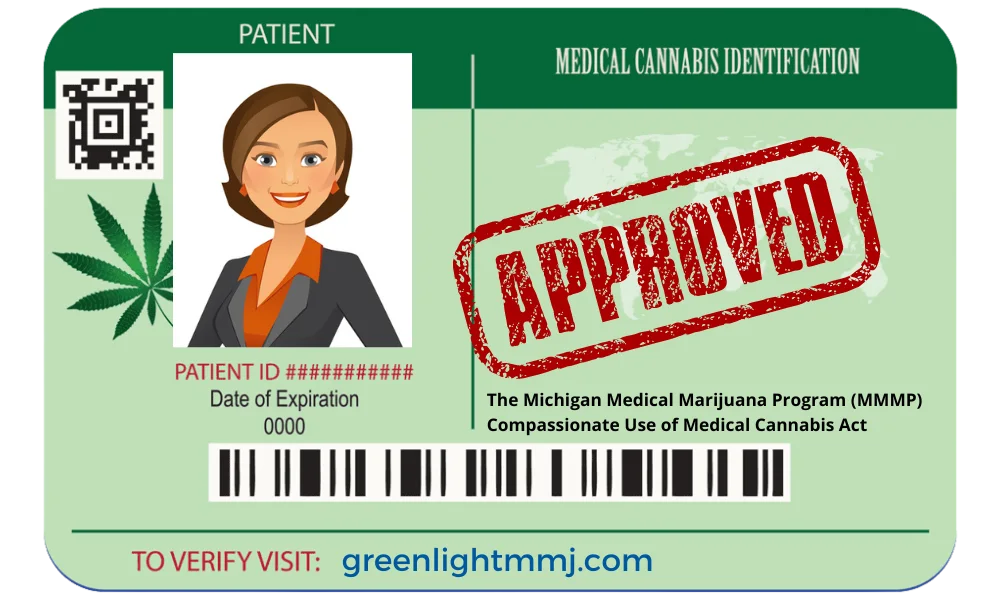Shedding Light on What Medical Marijuana Can Heal: a Thorough Evaluation of Its Healing Qualities
In recent years, there has been a growing rate of interest in the therapeutic capacity of clinical marijuana. While anecdotal proof is plentiful, a detailed assessment of the clinical data relating to the efficiency of medical marijuana in treating these conditions is necessitated.
Chronic Pain Monitoring
Persistent pain monitoring continues to be a vital element of medical care, demanding a comprehensive method for reliable treatment. In recent times, clinical marijuana has actually emerged as a prospective restorative choice for individuals experiencing persistent pain conditions. The endocannabinoid system, which plays a vital function in pain modulation, has actually been targeted by cannabis-based therapies to ease symptoms and enhance lifestyle for individuals.

Moreover, clinical cannabis uses an appealing choice for clients that experience intolerable side effects from standard pain drugs. Its capability to attend to discomfort with a various mechanism makes it a useful addition to the collection of therapies readily available for chronic discomfort monitoring.
Epilepsy Therapy Potential
Clinical marijuana has actually revealed appealing potential in the therapy of epilepsy, providing a novel restorative technique for managing seizures in people. Epilepsy is a neurological disorder defined by reoccurring seizures, impacting individuals of any ages. Typical therapies for epilepsy consist of antiepileptic medications, yet these drugs might not be efficient for all individuals and can have significant adverse effects.
Research study on making use of medical marijuana for epilepsy has exposed motivating outcomes. Cannabidiol (CBD), a non-psychoactive substance discovered in cannabis, has been specifically highlighted for its anticonvulsant residential properties. Researches have shown that CBD can minimize the frequency and intensity of seizures in patients with treatment-resistant forms of epilepsy, such as Dravet disorder and Lennox-Gastaut syndrome.
Additionally, the FDA has actually authorized a CBD-based medicine, Epidiolex, for the therapy of seizures linked with these extreme forms of epilepsy. This milestone highlights the expanding acknowledgment of medical marijuana as a useful restorative choice for taking care of epilepsy and supplies expect patients that have actually not reacted well to standard therapies.
Queasiness Relief Conveniences
The relief of queasiness via the usage of marijuana has been progressively acknowledged for its therapeutic advantages in various clinical problems. Queasiness and vomiting are common symptoms experienced by people undertaking radiation treatment, those with intestinal conditions, and individuals with persistent pain conditions. Medical marijuana, with its active substances such as THC and CBD, has actually shown guarantee in providing alleviation from queasiness.

Moreover, medical cannabis offers an all-natural option for individuals that do check that not react well to typical anti-nausea drugs or that experience severe adverse effects from these medicines. Individuals undergoing radiation treatment, particularly, have reported substantial enhancements in their lifestyle when making use of marijuana to manage nausea or vomiting. As research study in this field continues to expand, clinical marijuana is progressively being thought about as a valuable choice for nausea alleviation in various clinical settings.
Stress And Anxiety Reduction Impacts
Studies have actually demonstrated the capacity of marijuana in minimizing stress and anxiety signs and symptoms through its communication with the endocannabinoid system. The endocannabinoid system plays an important duty in controling feelings, including stress and anxiety, by keeping homeostasis in the body. Cannabinoids in cannabis, such as THC and CBD, engage with the endocannabinoid receptors in the brain, particularly the CB1 and CB2 receptors, to regulate anxiety-related responses.

Patients with conditions like generalised anxiousness disorder (GAD), social stress and anxiety condition, and post-traumatic stress condition (PTSD) might profit from the anxiolytic properties of cannabis (Medical Cannabis Doctor). Nonetheless, further research is needed to figure out ideal does, distribution approaches, and lasting results on anxiety administration.
Potential for Inflammation Control
With its known anti-inflammatory residential or commercial properties, cannabis has shown promise in possibly regulating swelling within the body. Inflammation is the body's natural reaction to injury or infection, but when it becomes web link persistent, it can add to different illness such as arthritis, inflammatory bowel disease, and also heart disease. Study recommends that the cannabinoids located in cannabis, such as THC and CBD, can help lower and control the immune reaction inflammation.
Researches have actually shown that cannabis can connect with the endocannabinoid system, which plays a critical duty in controling inflammation. By targeting the cannabinoid receptors, marijuana substances can modulate the immune response, bring about a reduction in inflammation levels. This makes cannabis a potential candidate for managing inflammatory conditions where standard therapies have failed.
Additionally, cannabis-derived items like CBD oil have gained appeal for their anti-inflammatory buildings, with lots of individuals utilizing them as a natural solution for conditions connected with inflammation. While even more research study is needed to totally comprehend the systems behind marijuana's anti-inflammatory impacts, present findings reveal promising results for the possible use of clinical cannabis in controlling swelling.
Verdict
Finally, clinical cannabis has actually shown appealing healing properties in handling chronic pain, dealing with epilepsy, relieving queasiness, lowering anxiety, and managing swelling. Its potential benefits in different clinical problems highlight the significance of more research and exploration into its useful content medical usage. The evidence suggests that clinical marijuana can be a valuable option therapy option for clients looking for remedy for a variety of conditions and signs and symptoms.
In recent years, clinical cannabis has emerged as a prospective restorative option for individuals experiencing from persistent discomfort conditions.Medical cannabis has revealed promising potential in the therapy of epilepsy, offering a novel restorative technique for taking care of seizures in people. As study in this location proceeds to expand, clinical cannabis is progressively being taken into consideration as a beneficial alternative for nausea or vomiting alleviation in different medical settings.
In conclusion, clinical marijuana has revealed promising therapeutic buildings in taking care of persistent pain, treating epilepsy, alleviating nausea, lowering anxiousness, and managing inflammation. The proof suggests that medical marijuana might be a useful alternative therapy alternative for people looking for alleviation from a range of problems and signs.